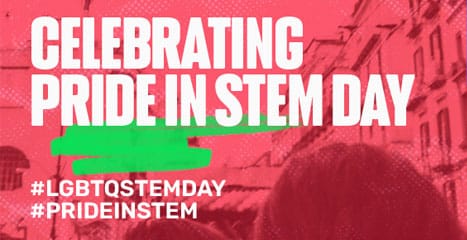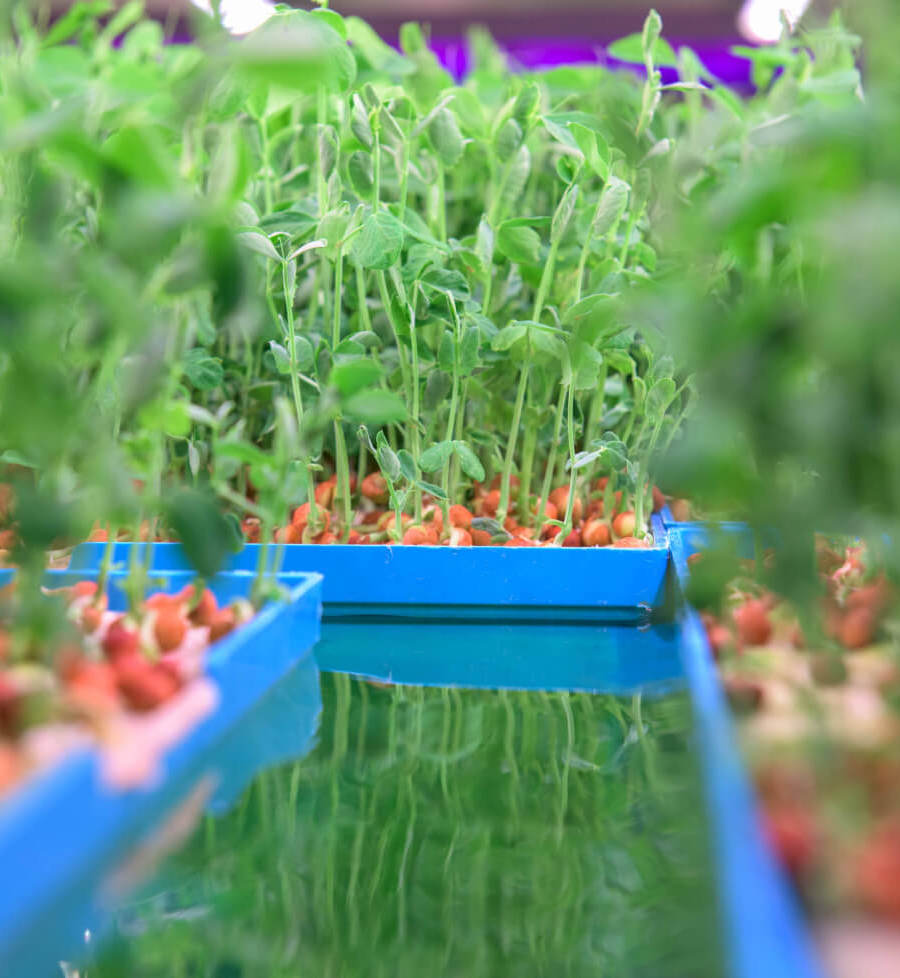Building a Sustainable Future: STEM Learning in the Food Industry
In the ever-changing job market, it’s crucial to equip young people with the skills they need to succeed. By encouraging STEM learning within the food industry, we can provide the next generation with a solid foundation to thrive in diverse careers.
Our Sustainability and Innovation Manager, Simon Allison, shared “The food industry in general, but indoor farming in particular, lends itself to STEM learning, STEM careers. Whether that’s computer science, or engineering, or food technology or agronomy. There’s something in there for everyone.”
Food Production & Technology
Technology plays a pivotal role in transforming how we grow and consume food. There are a range of disciplines that encompass the food industry, including biology, chemistry, engineering, and computer science.
Indoor farming, and in particular vertical farming, uses technology to produce crops grown using CEA, in controlled environments with concepts such as hydroponics, aeroponics and automated systems.
Vertical farming, with this combination of innovative technology and sustainable farming, offers a promising pathway for those interested in food production.
Careers in Vertical Farming
Computer Science and Engineering: Vertical farming relies on automation, data analysis, and control systems ensure optimal growing conditions. Thus, computer scientists and engineers play a vital role in developing and maintaining vertical farms.
Food Technology: These experts focus on improving the crop yield, nutritional value, and overall sustainability by developing innovative growing techniques, and working to enhance the quality and taste of crops.
Agronomy: Specialising in plant biology and optimising growth conditions. Agronomists help to select the right crop varieties and monitor the health and growth.
Vertical Farming in STEM
It is clear that vertical farming provides the opportunity for those interested in science and technology to build a career that combines the two. It’s important to inspire the next generation to look further into STEM careers, to help shape the future of agriculture and build up the next generation of farmers.




